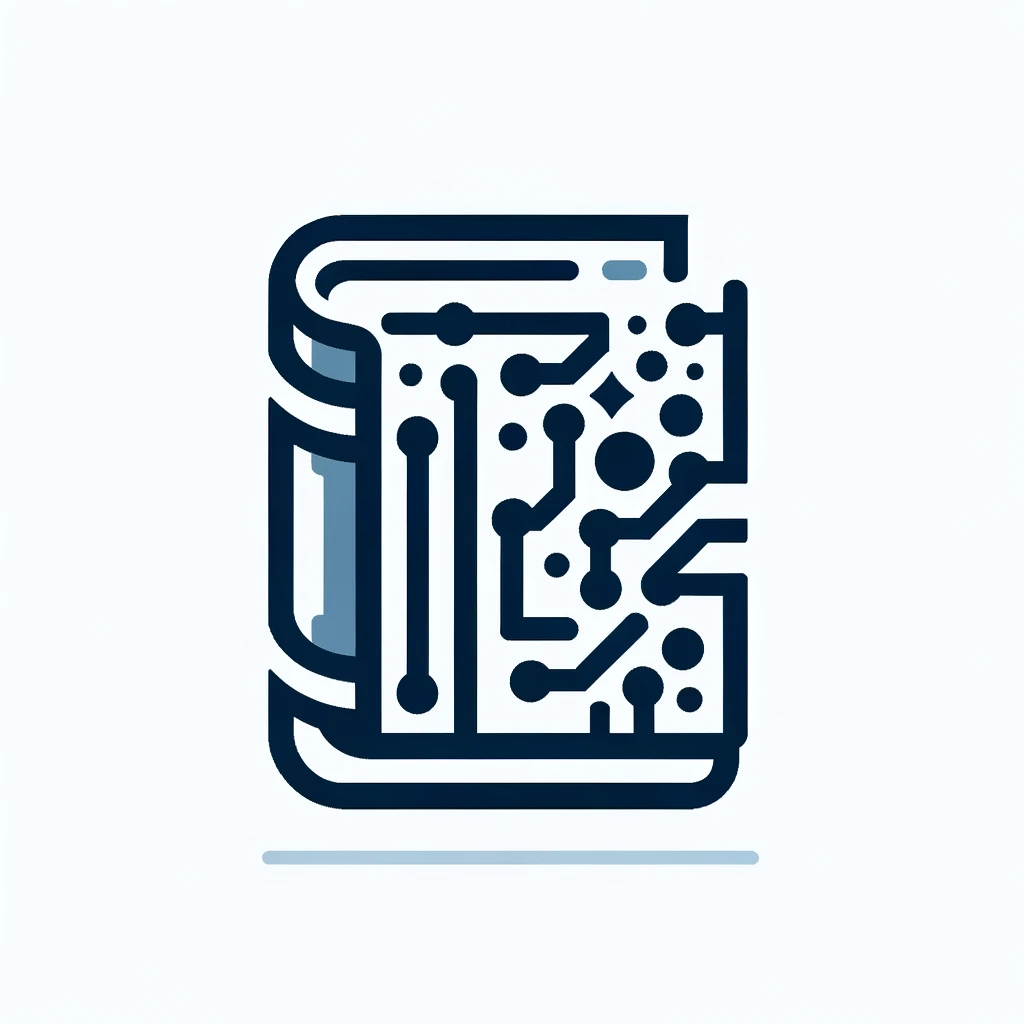In this post, we delve deeper into the ethical challenges in AI, particularly focusing on bias, and offer actionable insights for engaging in responsible AI development.
Case Studies: The Real Impact of AI Bias
- Recruitment Bias: Amazon’s AI recruitment tool showed bias against female candidates. This case underscores the need for diversity in AI training datasets.
- Judicial Bias: The COMPAS software used in US courtrooms for risk assessment was found to be biased against minorities, highlighting the critical need for fairness in AI algorithms.
Practical Tips for Ethical AI Development
- Diverse Development Teams: Encourage diversity in teams developing AI to reduce unconscious biases.
- Regular Audits: Implement regular audits of AI systems to check for bias.
- Transparent Algorithms: Advocate for transparency in AI decision-making processes.
Resources and Further Reading
- Partnership on AI: A collaboration between leading AI companies for responsible AI development.
- AI Now Institute: Research on the social implications of AI, including bias and ethics.
- “Weapons of Math Destruction” by Cathy O’Neil: A book exploring the dark side of big data and algorithms.
The Path Forward
- The responsibility for ethical AI lies not just with developers but with all stakeholders, including users and policymakers.
- The post concludes with a call to engage in the ongoing conversation about AI ethics and contribute to responsible AI development.
